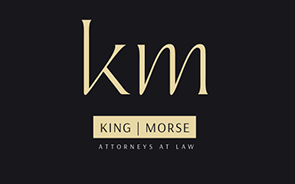Embezzlement is a common type of fraud crime. You should know the laws in Florida pertaining to this offense.
What is embezzlement?
Embezzlement is a type of fraud that occurs when a person who manages a property steals money. Embezzlement occurs in many types of employment; it can occur in financial institutions such as banks and in regular offices when an employee has regular access to the company’s finances.
Regardless of the person’s professional position, embezzlement can happen whenever someone is entrusted with money that belongs to someone else. It becomes a criminal offense when using that money for personal gain.
What are the laws for embezzlement?
Fraud crimes like embezzlement can be charged as a felony or misdemeanor depending on the circumstances and amount of money involved. The least serious charge a person can face is a misdemeanor in the second degree, which carries penalties of 60 days in jail or a $500 maximum fine or both. A first-degree misdemeanor charge can happen if the money or property involved has a value of $100 to under $300. It can result in one year in jail or a $1,000 fine or both.
A felony conviction is more serious and carries heftier fines and prison sentences. For a third-degree felony, the money or property involved ranges from $300 to under $20,000. Penalties can include a five-year prison term and a maximum $5,000 fine or both. For a second-degree felony, the prison sentence could be 15 years and the fine $10,000.
A first-degree felony is the most severe conviction for embezzlement. It is handed down when the money or property is $100,000 or greater and carries penalties including up to 30 years in prison and a maximum $10,000 fine or both.
Embezzlement is a serious charge to face. Take the criminal proceedings seriously and protect your rights if you want to avoid the harshest potential penalties.


